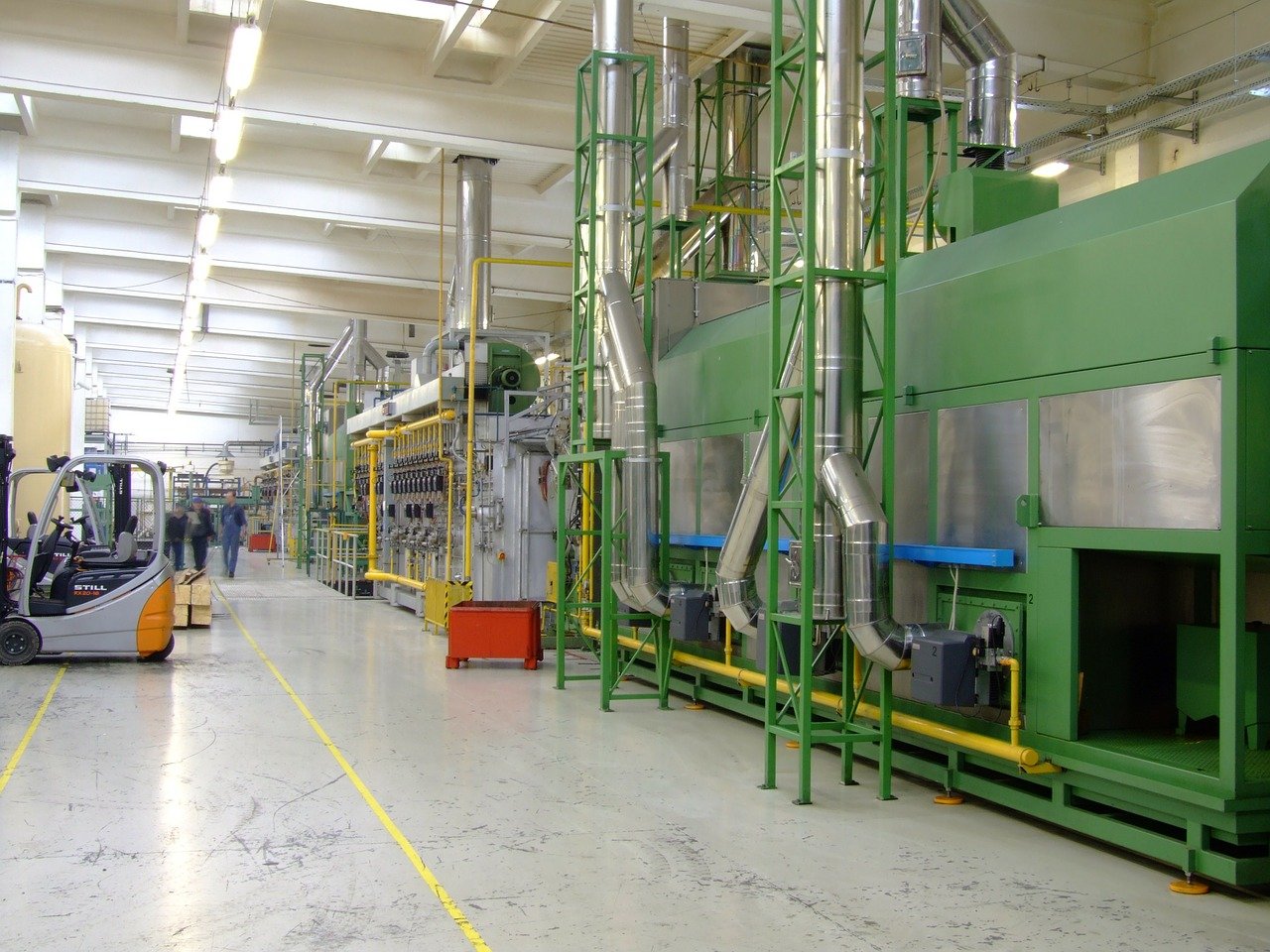Electrical Safety in the Workplace
Electrical safety in the workplace is an important consideration for all employers. Every year around 1000 accidents involving burns or electric shock are reported to the HSE. Sadly, each year approximately 30 of these accidents will be fatal, with most of these arising from contact with underground or overhead cables.
Non-fatal shocks can still result in permanent and severe injury and it is not only those using electricity that can be at risk. Faulty electrical appliances, together with poor electrical installations can also lead to fires.
As an employer, if you are not taking action to protect your staff you may be found liable in the case of an accident.
Employees could be at risk of the following injuries:
Burns – burns have the potential to cause severe disfigurement and can be extremely serious and damaging. Burns injuries generally occur in the feet and hands as this is where the current enters and leaves the person’s body.
Shock – if wiring or equipment is not properly grounded shocks can occur when a person makes direct contact.
Electrocution – Electrocution can be fatal. If equipment is poorly installed or insulated it may result in electrocution.
If the event of an electrical accident it is not uncommon for secondary injury to occur. An example of this would include a fall, from a ladder or roof, following a shock which can cause further injury.
Ensuring existing installations are properly maintained and that any new installations are carried out by qualified professionals and to a suitable standard, together with ensuring sufficient outlet sockets are available to reduce the risk of overloading will all help to keep the workplace safe for your staff.
It is also important that your employees are aware of the potential risks of electricity at work and understand how to raise any concerns that they may have. Education regarding general housekeeping such as not overloading sockets can help to reduce the risk of injury or fire. Regular PAT (portable appliance testing) will help to ensure that electrical equipment used in the office, from kettles and fans to PCs and printers, is safe to use.
If you would like some help or advice in ensuring your staff are protected from the risk of an electrical incident at work, please get in touch. We offer a range of inspection and testing services in additional to industrial electrical installations and commercial electrical installations.
As NICEIC approved electrical contractors you can be sure that you are in safe hands, all our electricians are trained to the highest standards.
Education and training are key – ensure all staff are aware of the potential risks and know that they should report any concerns, such as a smell of burning or other potential hazards, to a nominated responsible person.
Always use a qualified, professional electrician for electrical testing and inspection and all electrical installations. We’d recommend using a NICEIC approved contractor.
Unplug or switch off any equipment that is not in use, either overnight or whenever possible. This will reduce the risk of fire and will also help to reduce energy bills.

